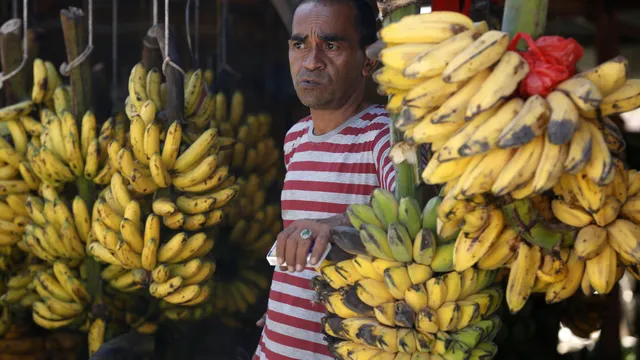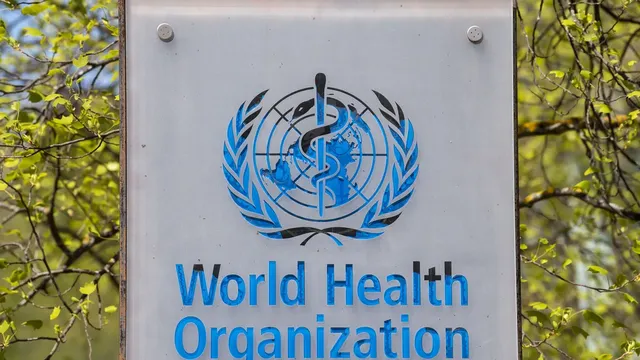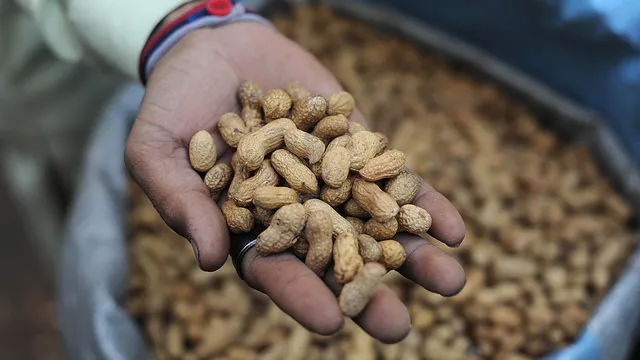Excessive consumption of ultra-processed foods (UPF) increases the risk of premature death, according to a new study involving more than 240,000 people published by CNN.
"We found that for every 10% increase in calories from ultra-processed foods, the risk of premature death increased by almost 3%," said Carlos Augusto Monteiro, a professor at the University of São Paulo and co-author of the study. He introduced the term "ultra-processed" in 2009 when he created the NOVA classification system.
The first group includes unprocessed or minimally processed foods such as fruits, vegetables, meat, and milk. The second group includes culinary ingredients such as salt and oils, and the third combines processed foods that combine ingredients from the first and second groups (e.g., canned products). The fourth group includes ultra-processed foods made from industrially produced ingredients with little or no whole food content.
Monteiro emphasizes that the body has difficulty adapting to UFPs, which can be perceived as "harmful or useless," leading to health damage depending on individual vulnerability and consumption levels.
Some experts disagree with the conclusions. Sarah Gallo of the Consumer Brands Association warns that "demonising convenient and affordable foods" could lead to even worse diets and deepen health inequalities. But the scientific evidence is mounting. A February 2024 study shows that high consumption of UFPs increases the risk of cardiovascular disease by 50%, mental disorders by 50%, anxiety by 53%, obesity by 55%, type 2 diabetes by 40%, sleep disorders by 41%, depression and early death by 20%.
A study from May 2024 even links a moderate increase in UFP to an increased risk of stroke and cognitive decline. Data from 2023 show an increased risk of upper digestive tract cancer.
Up to 70% of foods in the US are ultra-processed. In adults, this accounts for about 60% of the diet, and in children, two-thirds. The latest study, published in the American Journal of Preventive Medicine, estimates the potentially preventable deaths associated with UFP: eliminating UFPs would prevent over 124,000 deaths in the US in 2017, 25,000 deaths in Brazil in 2017, and nearly 3,000 deaths in Colombia in 2015.
However, some scientists warn that the model may overestimate the risk. "Assuming zero consumption as the ideal is unrealistic in modern society," said Prof. Fang Fang Zhang of Tufts University.
Although the causal link has not been fully proven, similar results in different countries raise serious concerns about the impact of ultra-processed foods on health. Statistician Steven Burgess emphasizes: "It is possible that UFPs are merely a reflection of poor dietary habits, but the consistency of these results raises questions about whether there may be a deeper connection." | BGNES

 Breaking news
Breaking news
 Europe
Europe
 Bulgaria
Bulgaria







